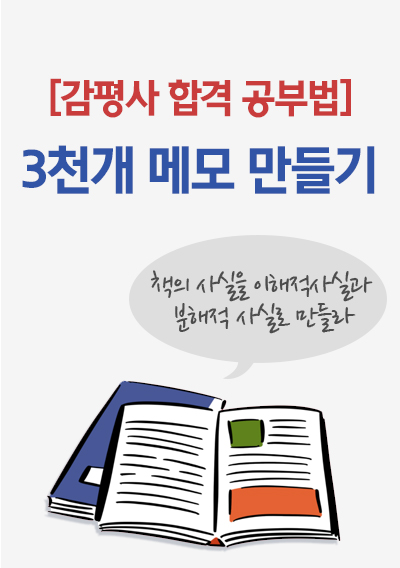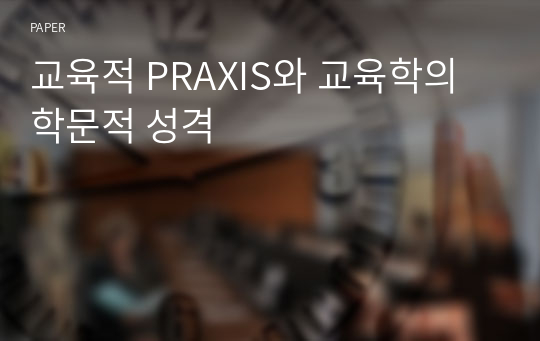* 본 문서는 배포용으로 복사 및 편집이 불가합니다.
서지정보
ㆍ발행기관 : 한국교육학회
ㆍ수록지정보 : 교육학연구 / 30권 / 4호
ㆍ저자명 : 曺武男
ㆍ저자명 : 曺武男
목차
Ⅰ. 교육학의 世俗化論Ⅱ. 교육의 두 실제
Ⅲ. 교육학의 두 언어
Ⅳ. 맺는 말
참고문헌
ABSTRACT
영어 초록
O'Conner-Hirst debate marks a point from which two extremely opposing claims on the nature of educational theory are emerging and clashing. One claims that educational judgments seriously lack objectivity, clarity and falsifiability which are all required for the conditions of any enquiry to be a scientific theory. This view of the nature of educational theory confines strictly the nature of theory to the logico-positivistic statements. The other instead claims that since educational enquiry is essentially practical, it involves value judgments of educational practice. Thus, in this line of thought, educational judgments are classified by practical theory which is clearly distinguishable from scientific theory.Education as a discipline and politics were on the same field of study, as are seen in Politics written by Aristotle. Ethics and politics constitute for Aristotle one continuous study which he calls the philosophy of life. Thus education, too, bases on ethics in this logical relationship. Ethics sets out the form of the good life. The subject of them is the good for man, the end to which all human activities are directed. In the classical view of education, educational judgments should be made on the base of ethical principles. This means that educational study involves ethical judgments as its theoretical components. This view of the nature of educational theory corresponds to the claim which classifies educational statements as practical theory.
Two different meanings of educational practice are clarified by the analysis of the main trends of educational research. The first type theory of education is related to the implication of the Greek word ‘praxis’ which essentially involves value elements in all educational judgments. On the other hand, the second type theory of education is value-free, and hence purely descriptive. The word ‘techne’ is suitable to interpret the feature of this type of practice. This is because educational statements belonging to this type of theory are always understood as having descriptive and technological meanings. Thus the first type of theory is classified by practical theory and the second type scientific theory.
The word ‘education’ in the first type implies evaluative meaning as is appeared in Peters's analysis of the meaning of ‘the educated man’, evaluative meaning which comprises all ethical, cognitive and emotional standards of human development. But in the second type theory of edcuation the word is used exclusively in descriptive meaning. The same claim is possible for the words ‘teaching’ and ‘learning’. Thus we find two different language-games in one sphere of enquiry. But descriptive meaning of educational language usually appears on its surface-meaning, in contrast to evaluative meaning which is understood to be in depth-meaning.
The aims of the second type theory of education are usually derived from the outside of the concepts of teaching and learning, whereas the aims of the first type are logically involved in the inside of the concepts, ie., in depth-meaning of the words.
Foundation disciplines of education and other related theories contribute to and consist in the theory belonging to the second type, theory of education; they come into this field without any modification. But in the first type, theories related to education are seriously examined and selected on the grounds of depth meaning.
The descriptive scientist of education intentionally rejects the meaning in depth of educational language, the meaning which mainly involves ethical elements; this is a kind of secularisation of education study, so to speak. Thus the secularisation of educational study means the conversion of the first type theory of education to the second type theory. But the complete secularisation would be difficult, unless a lingusitic innovation happens in education.
참고 자료
없음태그
"교육학연구"의 다른 논문
 전래동화에 나타난 ‘삶’의 교육적 의미11페이지
전래동화에 나타난 ‘삶’의 교육적 의미11페이지 Freire의 교육개혁 방법에 대한 평가14페이지
Freire의 교육개혁 방법에 대한 평가14페이지 社會敎育에 있어서의 自己主導學習理論과 韓國敎育改善에의 示唆15페이지
社會敎育에 있어서의 自己主導學習理論과 韓國敎育改善에의 示唆15페이지 IQ와 ADHD에 관련된 학습장애의 정의문제9페이지
IQ와 ADHD에 관련된 학습장애의 정의문제9페이지 유아의 글자 환경과 읽기에 관한 연구15페이지
유아의 글자 환경과 읽기에 관한 연구15페이지 특수교육의 범주적 對 비범주적 접근 間 비교분석17페이지
특수교육의 범주적 對 비범주적 접근 間 비교분석17페이지 학부모의 교육열25페이지
학부모의 교육열25페이지 敎授效果 評價를 위한 準據體制 探索 硏究16페이지
敎授效果 評價를 위한 準據體制 探索 硏究16페이지 敎育의 質的 高度化를 위한 思考力 增進 方案 硏究20페이지
敎育의 質的 高度化를 위한 思考力 增進 方案 硏究20페이지 미군정기간중 미국의 한국에 대한 교육정책17페이지
미군정기간중 미국의 한국에 대한 교육정책17페이지


























